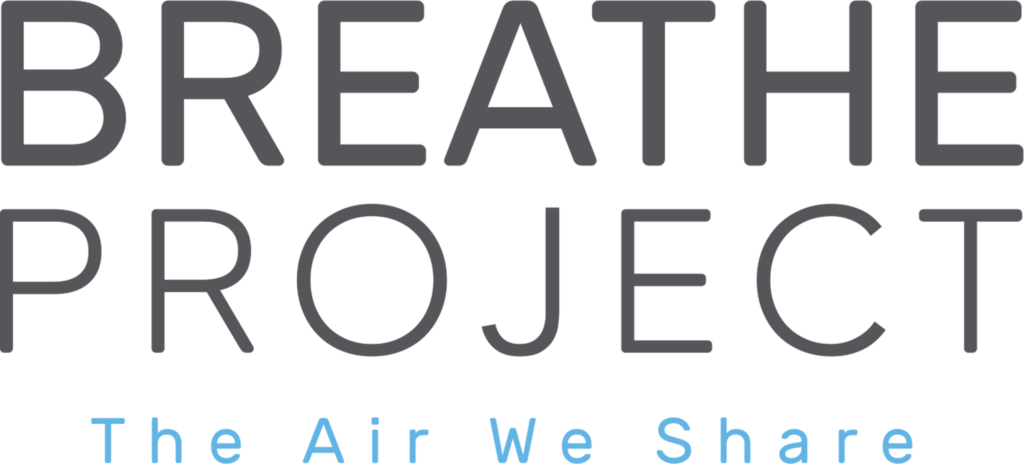By Glenn Olcerst, Rail Pollution Protection Pittsburgh
In just two days of National Transportation Safety Board (NTSB) hearings on the East Palestine disaster, we learned six reasons why Norfolk Southern can’t be trusted to set safety standards, or to police their own operations. Recognizing that Norfolk Southern’s is in many respects the best of the Class 1 railroads, the Federal Railroad Administration cannot continue to let any of railroads self-regulate. Further, the FRA can no longer be staffed and directed via a revolving door for rail and petrochemical industry executives and lobbyists. This safety agency must be concerned only with the public’s welfare.
Rail and Petrochemical lobbies convinced Congress to allow for-profit rail companies the authority to self-regulate, promising that they would use and exercise that trust responsibly. This experiment has failed as surely as a train left the tracks and damaged the lives and livelihood of everyone in the East Palestine area.
What we’ve learned so far:
1. The “controlled burn” of extremely toxic chemicals was apparently entirely unnecessary.
2. Five cars contained volatile Vinyl Chloride; only one appeared to be at risk.
3. The railroad withheld critical information from officials making public safety decisions.
4. Safety technology currently employed by the railroad is inadequate and unreliable.
5. Railroads routinely “assemble” cars in unsafe and unregulated ways.
6. Claims by the railroad about their inspection policy are not credible.
40% of the Vinyl Chloride Need Not Have Been Burned At All
Five rail cars were filled with Vinyl Chloride, but even Norfolk Southern admitted that it believed only one showed a somewhat elevated temperature. Accordingly, many people on site were told that this single car would be vented and burned…releasing just 1/5 the amount of toxic pollutants. We may know more when the full hearing transcript is released, but we have not yet heard justification for burning off the contents of all five of the rail cars with contents that were NOT at high temperatures at the time of the burn.
Critical Information Was Withheld from Unified Command Making a “Controlled Burn” Unnecessary
The manufacturer of the volatile Vinyl Chloride Monomer contacted Norfolk Southern’s emergency response team after the crash to inform them the chemical would not explode. Their VP testified: “We made it clear, based on our expertise of the chemical properties of our product, that stabilized VCM would be unlikely to spontaneously polymerize.” (Polymerization is a chemical reaction that generates heat. To prevent this from occurring, the manufacturer stabilized the mixture by removing all oxygen before it was loaded into the rail cars.) Also, Norfolk Southern justified the “controlled burn” by claiming that rising Vinyl Chloride temperatures in one rail created imminent risk of explosion. In fact, a graph presented by NTSB at the hearing revealed that the rail cars temperatures containing Vinyl Chloride was trending downward, at the time of the burn indicating the chemical would NOT explode even if it had not been stabilized. This was especially the case because the pressure release valves in all five rail cause were fully operational.
Additional Critical Information Was Withheld From Emergency Responders By Norfolk Southern Apparently to Reestablish Speedy Freight Delivery On The Most Critical East West Line In Their System
Environmental consultants for Norfolk Southern received a “train consist” document detailing what chemicals the train carried – just ten minutes after the crash. Norfolk Southern and their consultant withheld that information from emergency responders. Eric Brewer, Emergency Management Coordinator for Beaver County,testified: “it wasn’t until late that night or the next morning that I did learn by myself what was contained on those cars….I did not know there were any hazardous material chemicals.”
Norfolk Southern told Chief Keith Drabick of the local volunteer fire department he had 13 minutes to decide “whether to vent or burn” because it was getting dark. They did NOT tell the Chief the chemical manufacturer had called to say the material was “stabilized” precisely so it wouldn’t explode. Again, sharing of these two critical pieces of information with the Unified Emergency Response Command and the Governor was either delayed or never given at all. What seems most apparent is that Norfolk Southern’s highest priority was not the safety of the community, but getting their tracks operational and their freight moving in the shortest possible amount of time — which is exactly what was accomplished by the burn off of toxic chemicals.
The ‘Chicago-to-East Palestine-to-Conway Rail Yard (one of the biggest in the country)-to-Pittsburgh-to-Philadelphia-to-East Coast refineries’ rail line is admitted by Norfolk Southern to be the most critical East West line in its entire system. That line is among the most intensively used corridors for transport of hazardous chemicals and volatile oil in North America. The critical nature of this train line is how Norfolk Southern justified getting $20M in taxpayer money for the Pittsburgh Vertical Clearance Project.
Inadequate Safety Technology
We already knew Norfolk Southern “hotbox detectors,” which sense wheel bearing temperature, are often spaced too far apart to be effective. Hearing testimony revealed that two of the three detectors passed by the train immediately before it crashed and simply didn’t record the elevated temperatures in the bearing (even though local security cameras showed it on fire). Additionally, a professor from the University of Texas testified, calling hotbox detectors “inefficient.” She further testified that acoustic detectors are more accurate. The only logical reason Norfolk Southern hasn’t replaced these critical safety components with new and improved technology is the same reason their existing detectors are spaced much too far apart: they cost money and interfere with profits.
It’s unclear why no one, to our knowledge, has yet testified on the cost of improved detection equipment, but we suspect the $400,000,000 Norfolk Southern has spent on East Palestine cleanup —so far— would have gone a long way toward upgrading their entire network. It’s far smarter to spend on prevention, especially since Norfolk Southern was earning well over $1 billion per quarter.
Precision Scheduled Railroading Business Model Results In Unsafe Train Assembly
Precision Schedule Railroading cuts costs in part by “doing more with less” people and equipment, achieved in part by running much longer trains (with the same size crew). Under great time pressure, they often add cars in a “grab and go” unsafe way that results in epic derailments. The East Palestine train is a perfect example since that train was assembled with fully loaded cars behind empty cars. Thanks to the Civil War-era air braking technology railroads still use (again prioritizing profit over safety), when the engineer jams the brake lever home for an emergency stop, those fully loaded cars don’t get the brake signal until after the cars in front. The empty cars are so light they can be easily pushed off the rails by the incredible momentum of the loaded cars behind them, on which braking is delayed. It’s a common cause of derailments resulting from time pressure on locomotive engineers to get whatever cars onto the train before the deadline for departure. These derailments typically occur on trains comprised of more than 100 rail cars and are the result of the failure to employ electronically controlled pneumatic braking systems — which brake all cars simultaneously at the speed of light.
Any of the above discoveries would be grounds to take regulatory control away from these for-profit, extremely lucrative businesses. Put them all together, and the case is compelling.
WHAT CAN YOU DO?
Below are 3 Action Items:
1) Sign the petition asking President Biden to issue a Major Presidential Disaster Declaration for the East Palestine train derailment. That request must, however, be approved by the President. Therefore, we ask that you sign this important petition.
2) Next, write to PA Senators Casey and Fetterman, co-sponsors of the Railway Safety Act, about what you want covered in this pending bill and/or sign the petition asking for more stringent safety regulations!
Contact Senator Casey
Contact Senator Fetterman
3) And finally, ask the EPA to BAN VINYL CHLORIDE by signing this petition.
Thank you!

